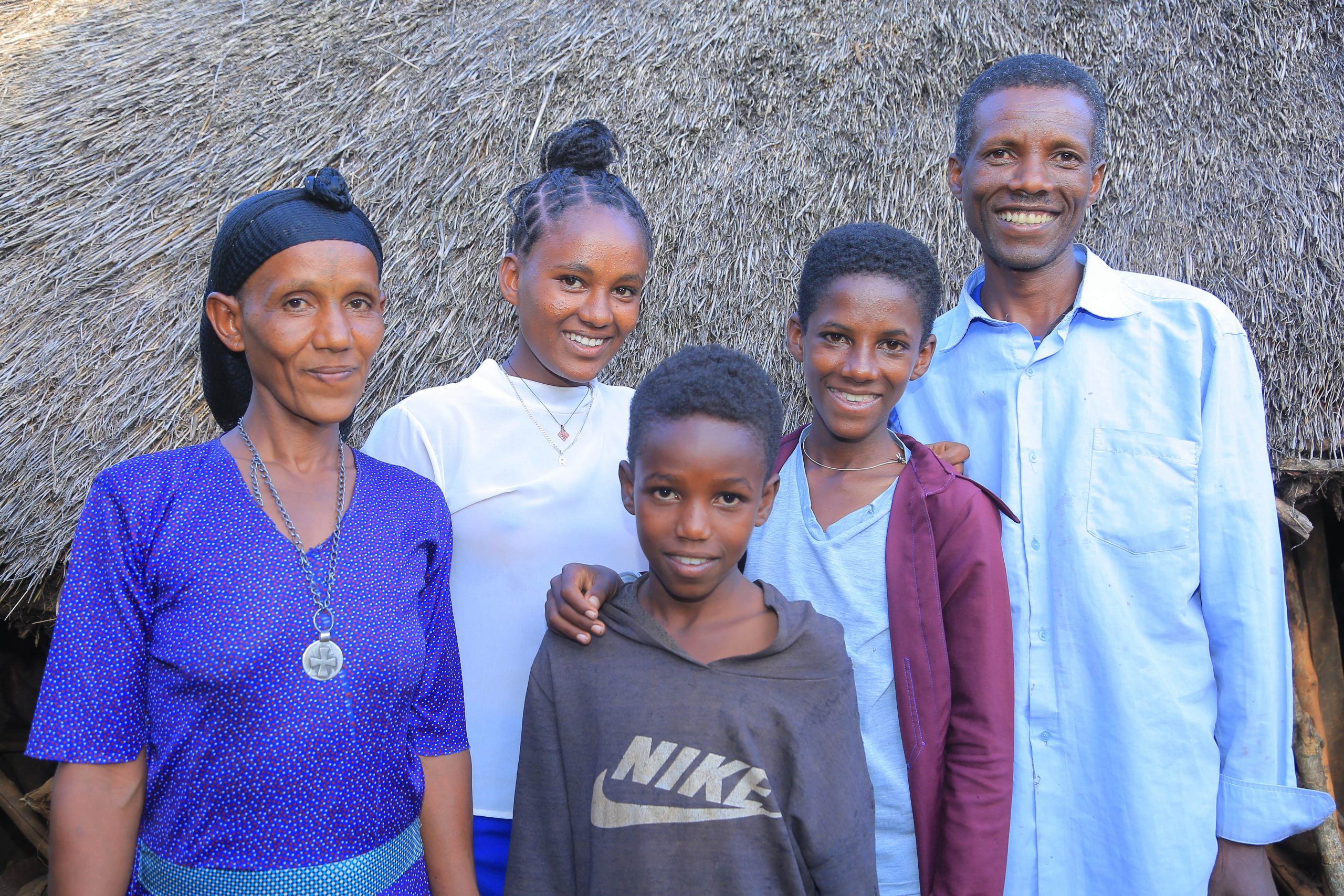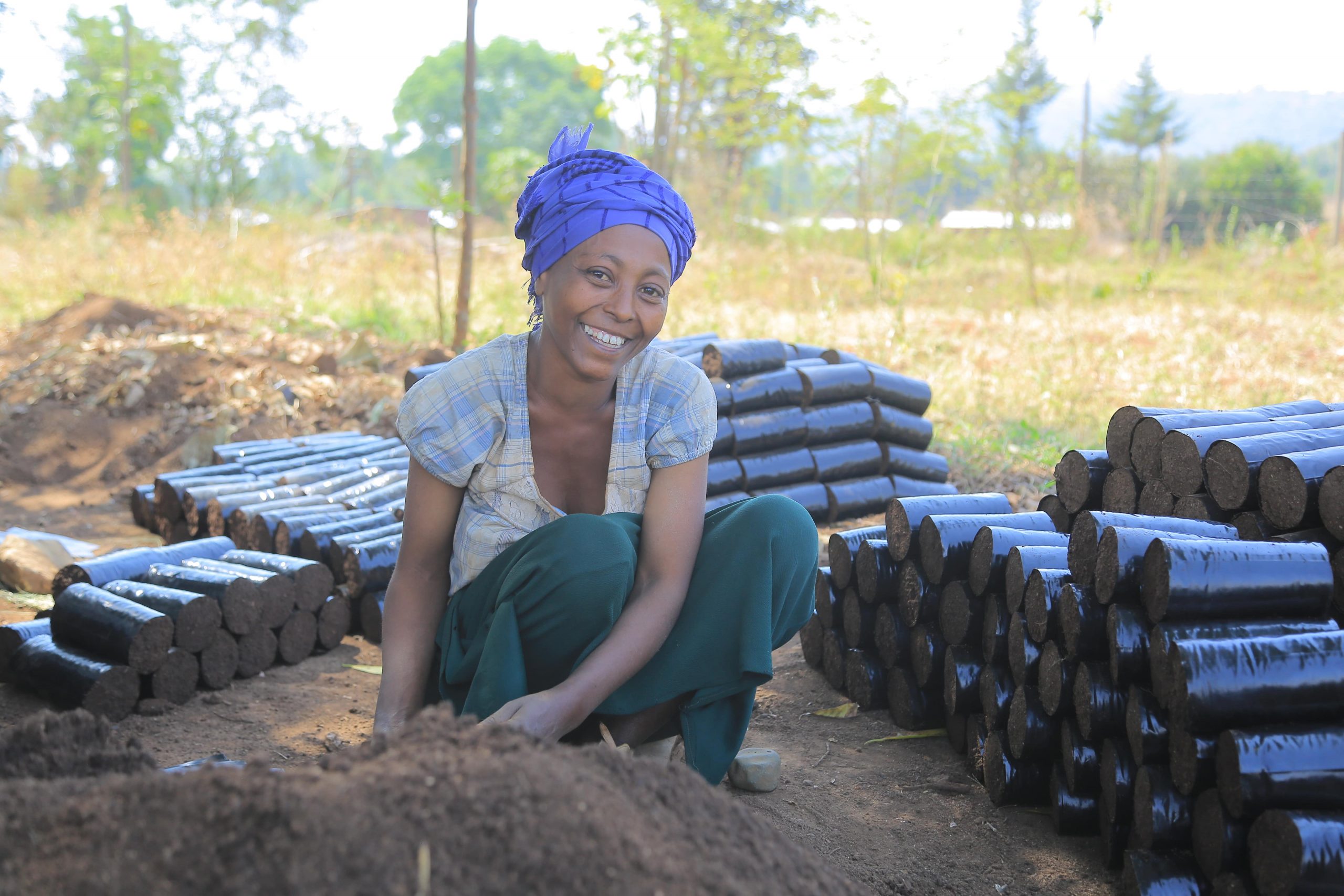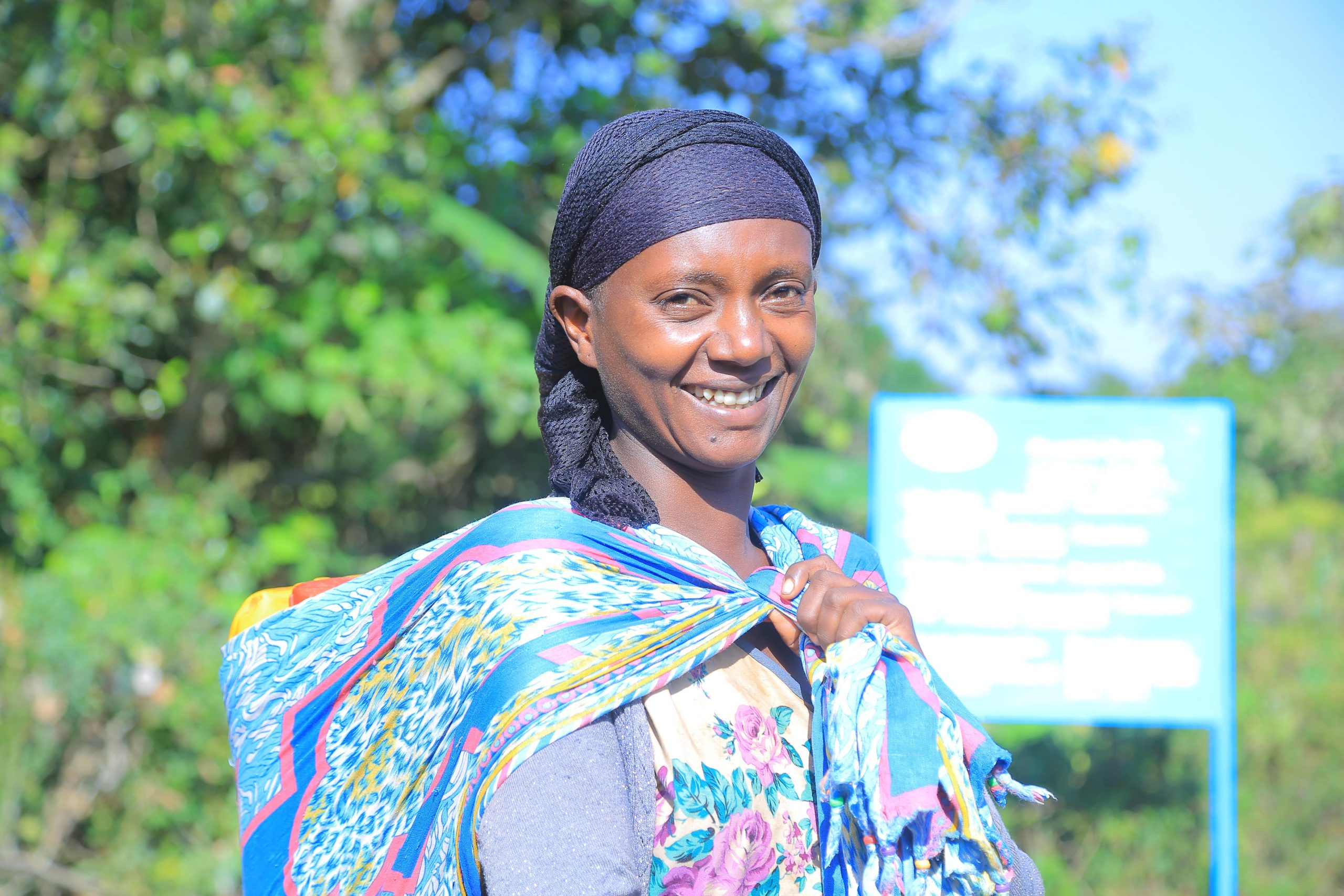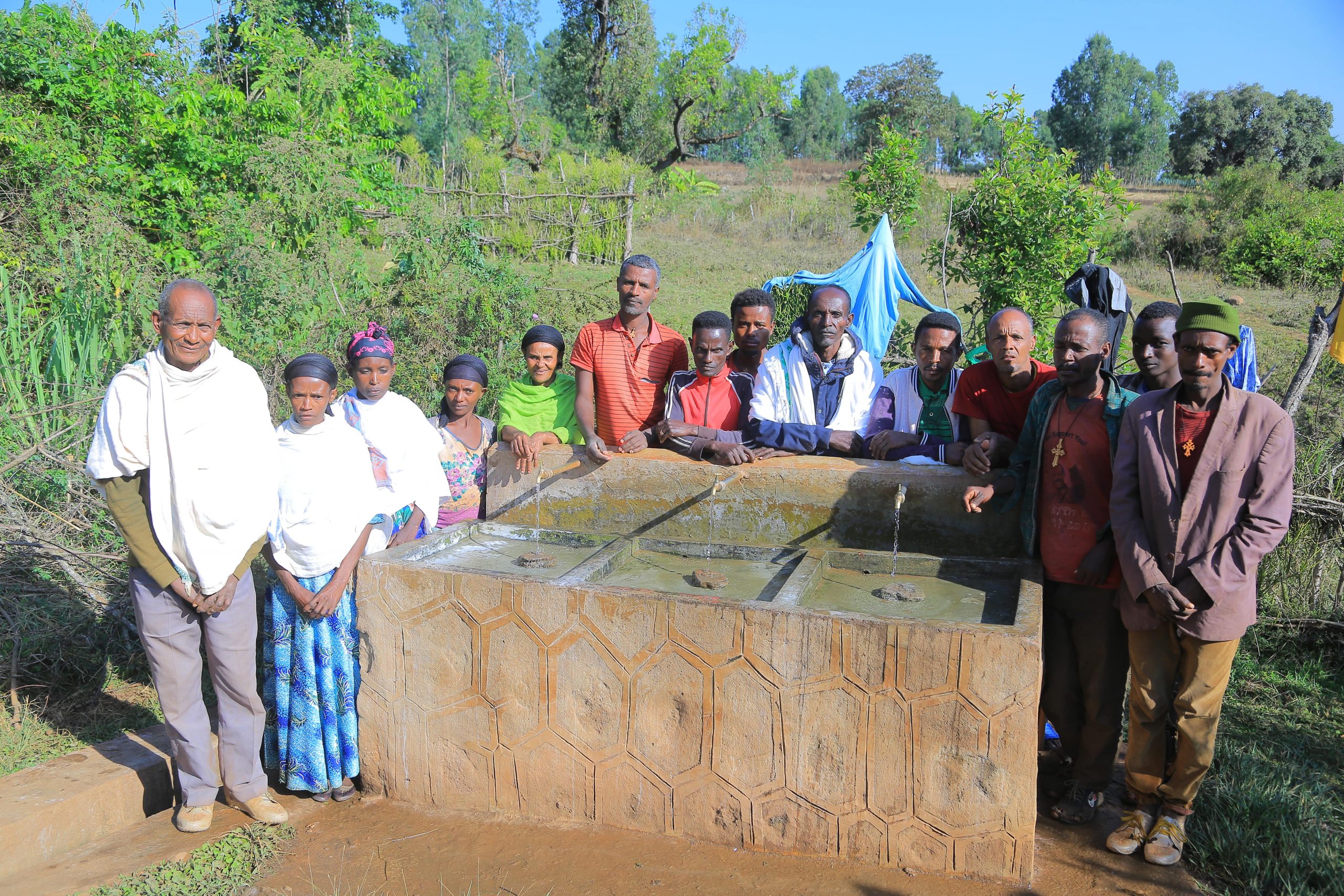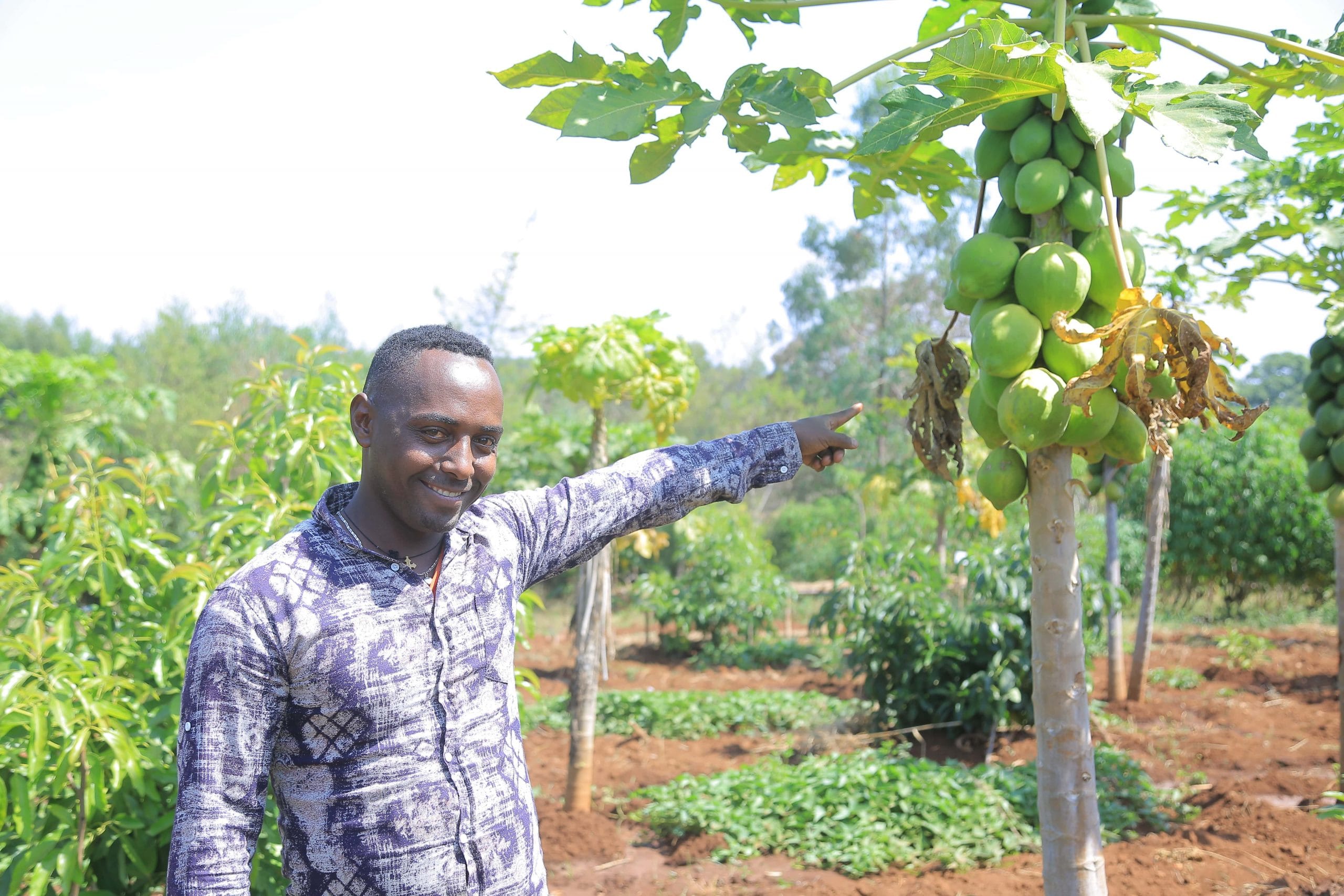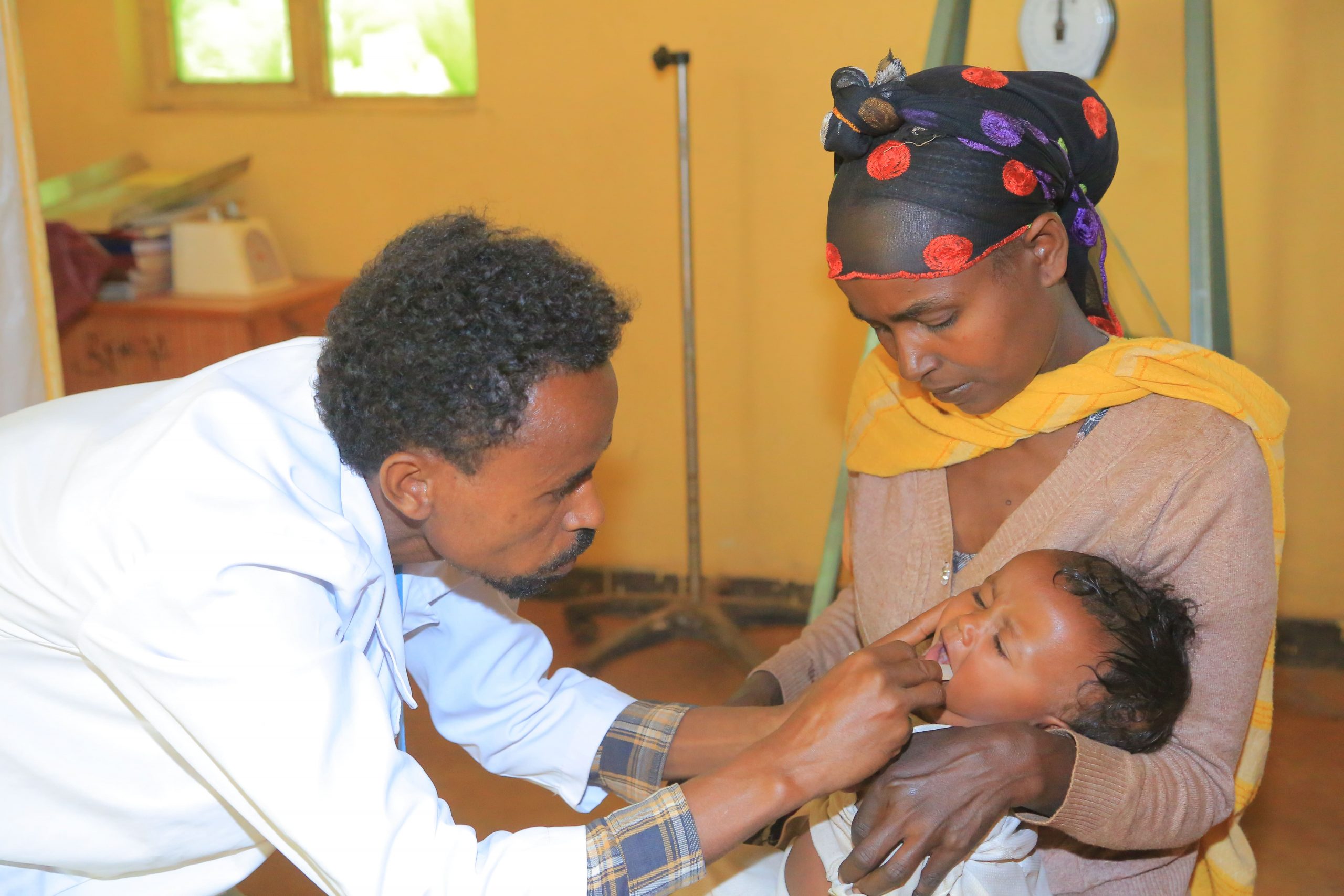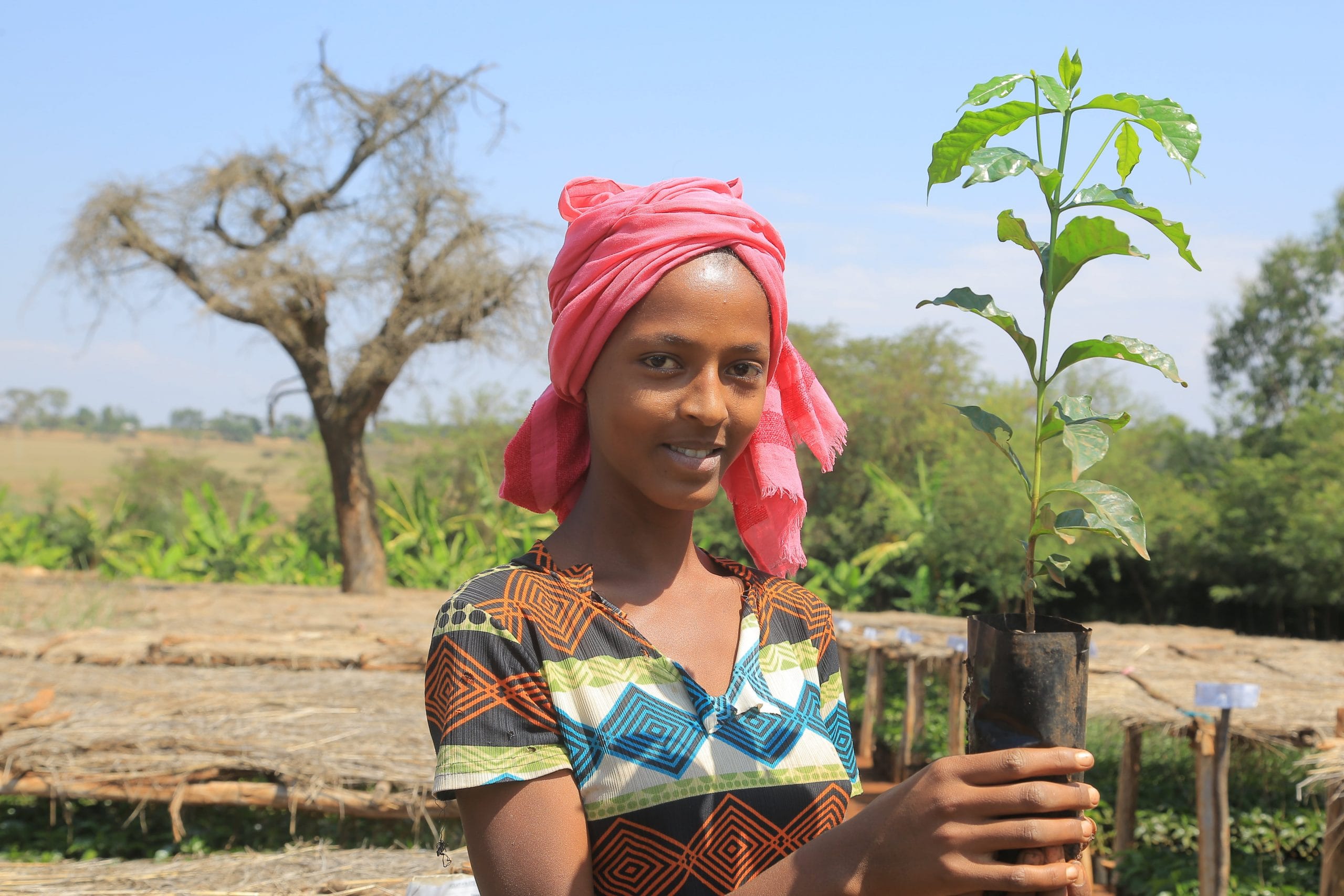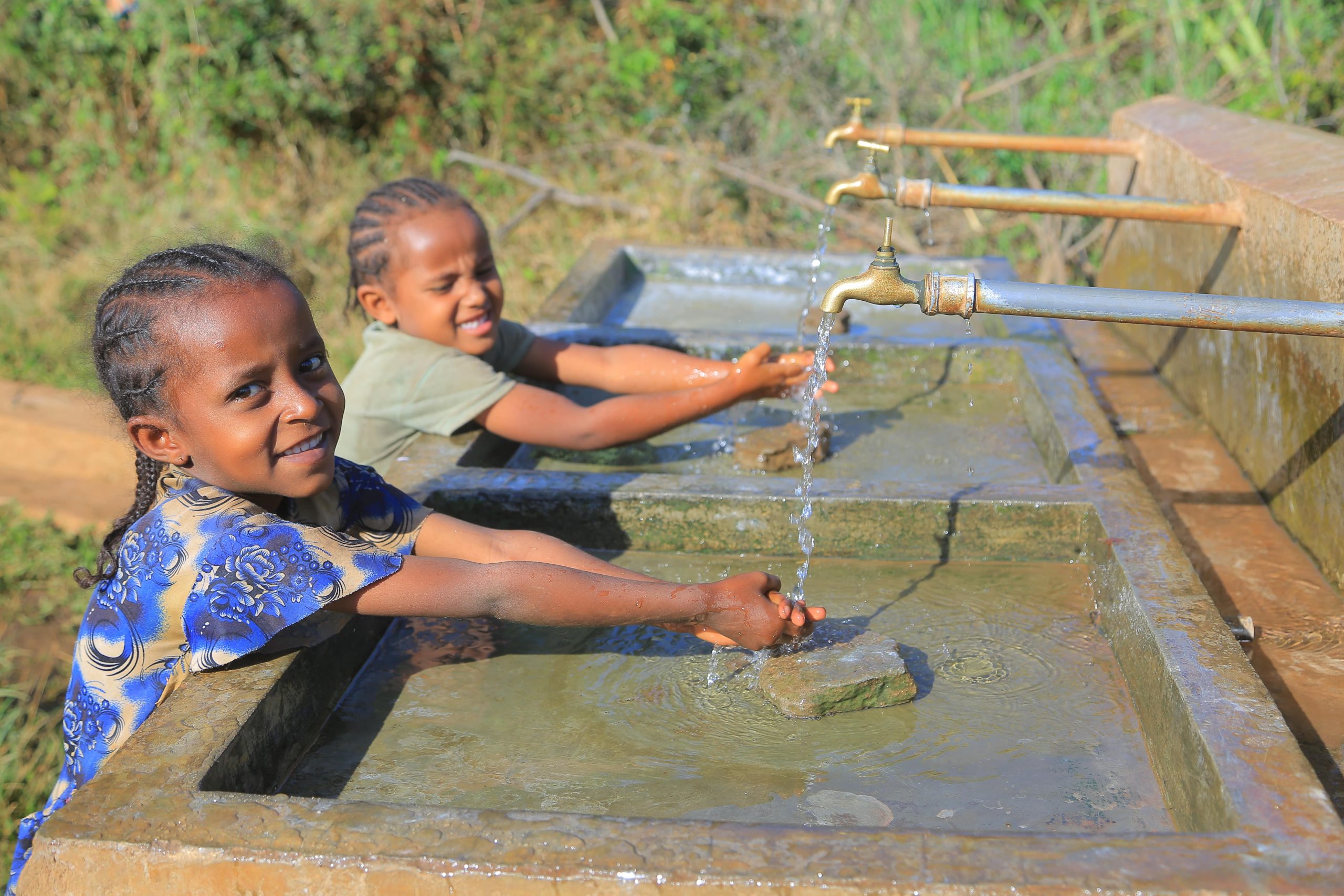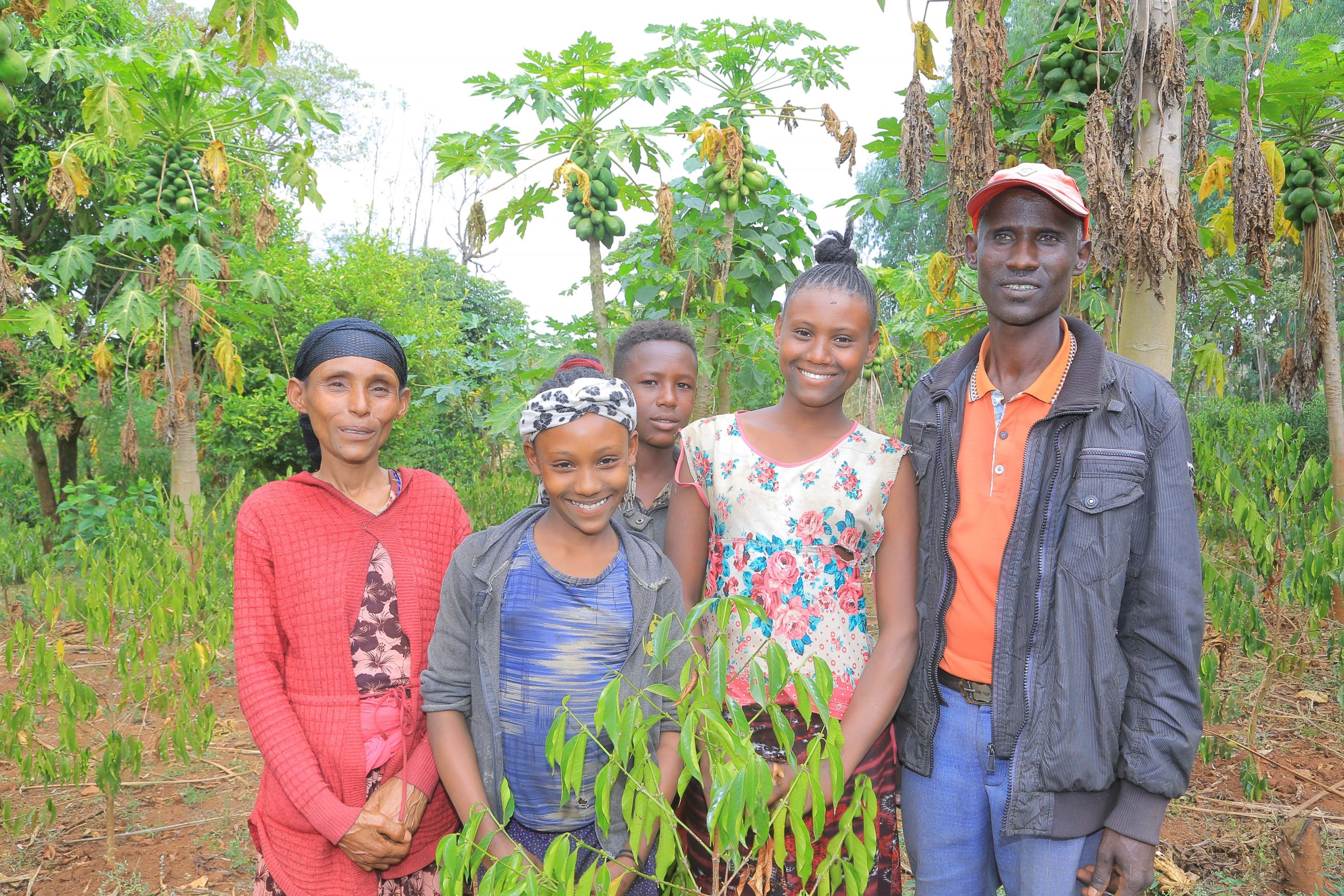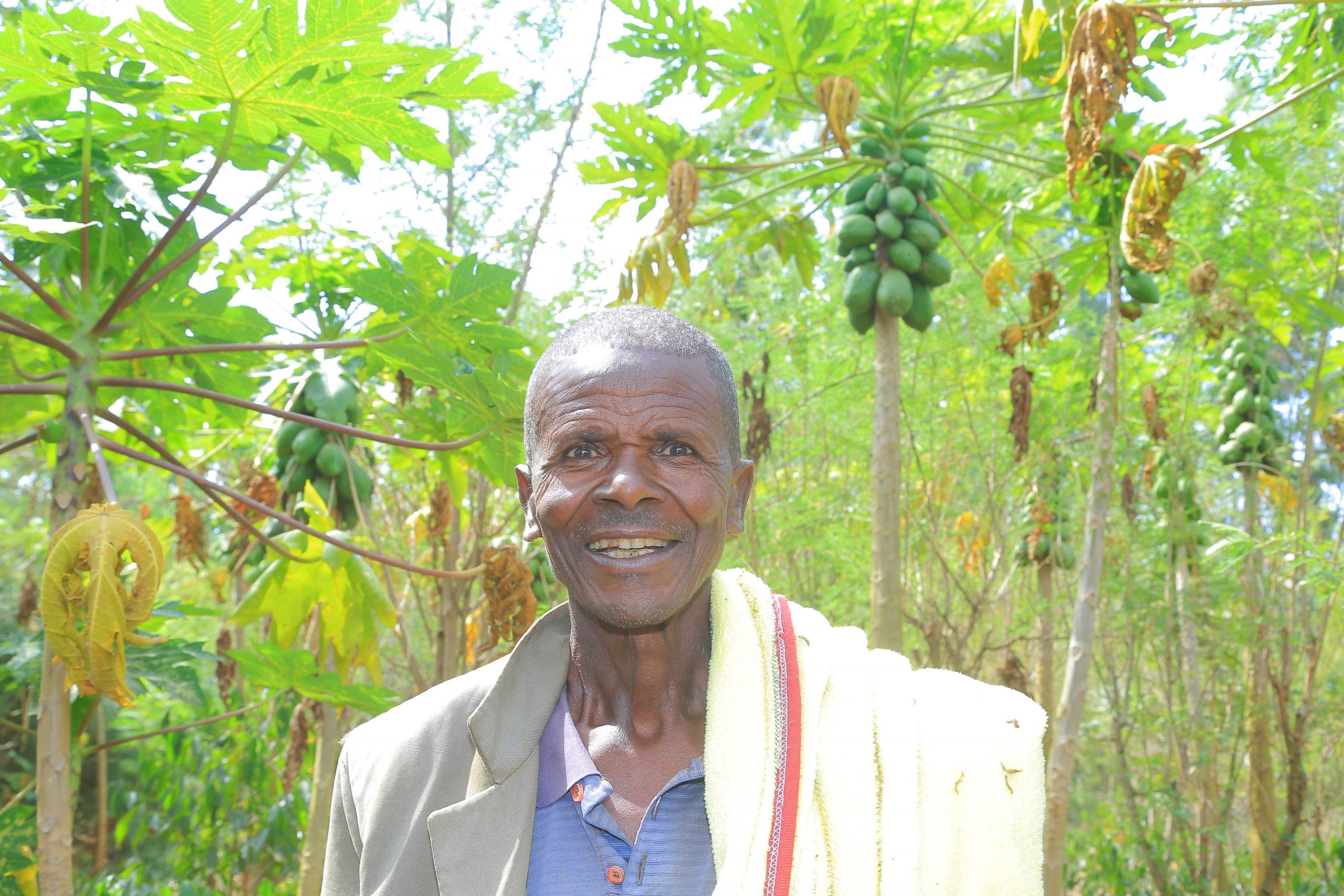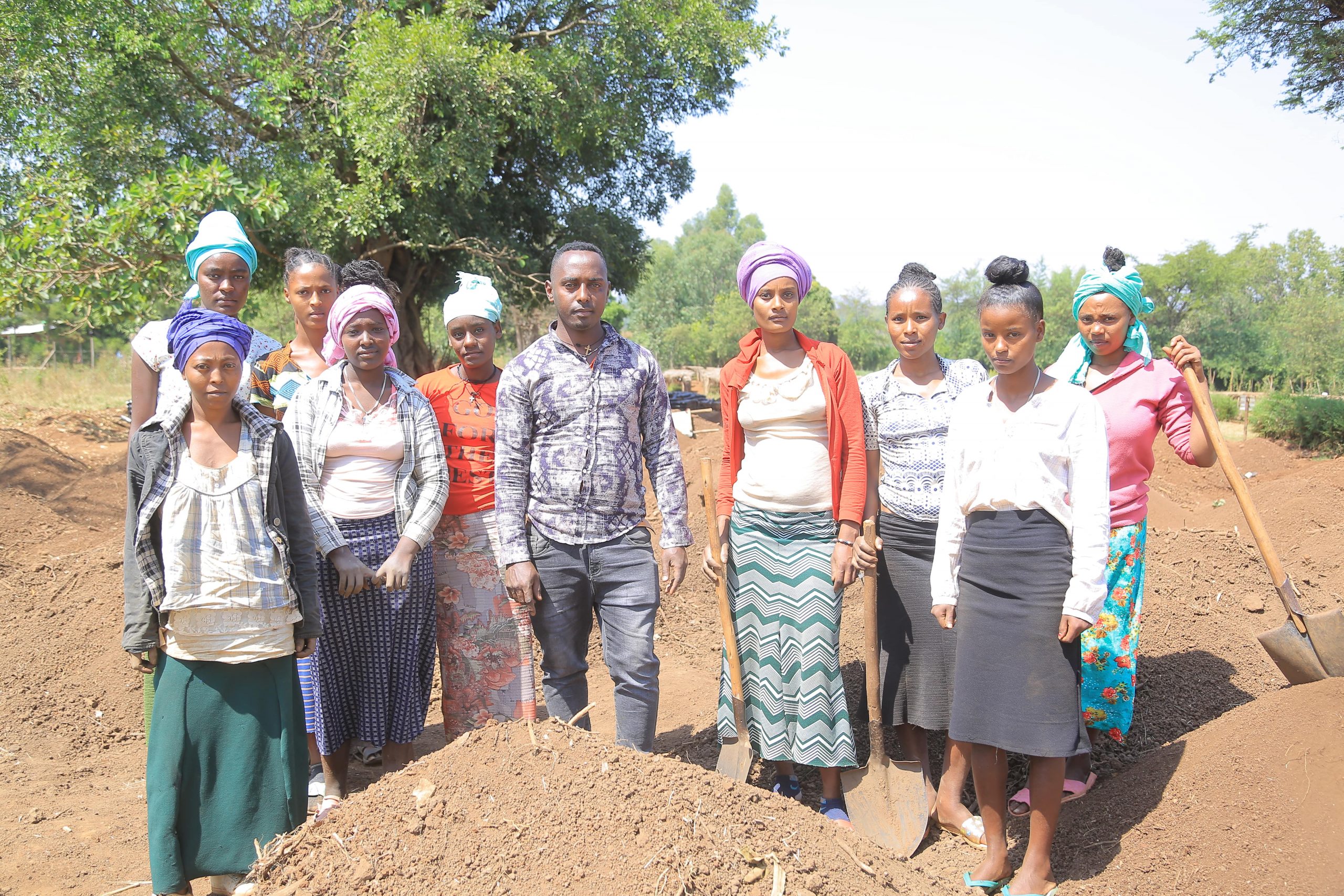
Sustainable community-building in rural Ethiopia
Background
As in all rural regions of Ethiopia, the majority of the local population in the Nono Benja district lives from agriculture and livestock farming. But as knowledge of new cultivation methods and alternative crops is lacking, yields are meager. The animals graze on open land and in many places take away the last bit of protection from the soil. At the same time, the wood needed for cooking and building is felled, but the land is not reforested. In addition, there is a lack of basic infrastructure for health and hygiene.
This shows why rural, structurally disadvantaged areas such as Nono Benja need a holistic approach in which various aspects are considered together in order to create viable and sustainable prospects for hitherto left behind communities. This is where MfM’s work comes in.
Laying the foundations for a self-determined life
In order to fundamentally improve the living conditions of the local population, the measures implemented by MfM include a combination of sustainable agriculture, water supply & sanitation, health, education and income-generating initiatives.
Concrete activities include the construction and maintenance of water supply systems at central and easily accessible locations, the introduction of farmers to higher-yielding and at the same time environmentally friendly cultivation methods, and the development of a basic health infrastructure through the operation of several small clinics and the training of nursing staff. This gives the local population access to basic medical care for the first time, as the nearest hospital is over two hours away by car.
To restore the local ecosystem, create new income opportunities as well as to contribute to food security, smallholder farmers are being introduced to agroforestry. This is a farming method that effectively combines the planting of fruit trees and vegetables, and is entirely free of chemical pesticides and fertilizers. On once barren land, shade trees now grow in the fields along with a variety of shrubs and vegetables.
The focus is on the cultivation of coffee, papayas and avocados, among others, whose seeds are distributed free of charge by MfM. These plants only have to be cultivated once and after a while they regularly produce fruit without having to be resown every year. This diversifies the livelihoods of the farmers and ensures the fertility of the soil in the long term. Moreover, it addresses the anticipated effects of climate change at an early stage.
The establishment of clean water supply systems further helps to build a sustainable infrastructure in the region and makes a tangible difference to people’s lives. In the past, women had to walk up to three hours to reach clean water points. Today, people in Nono Benja can access clean drinking water within a maximum of a 30-minute walk, which is in line with the UN standard for access to clean water.
The knodel foundation has supported MfM’s work in Ethiopia for many years. After several years of contributing to integrated rural development projects in the Wogdi region, the foundation’s current focus since the end of 2020 has been on the holistic development of the Nono Benja district, some 275 kilometers southwest of Addis Ababa.

